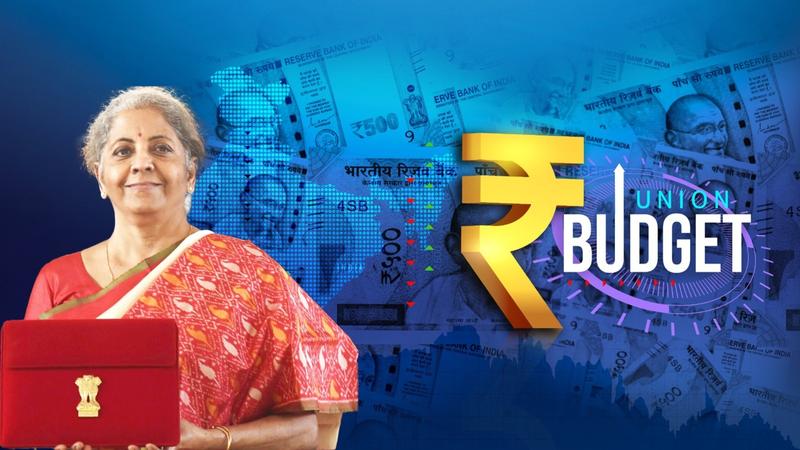Published 12:58 IST, July 22nd 2024
Economic survey 2023-24: Monetary developments in India
Monetary policy transmission refers to the process through which changes in the policy rates set by the RBI influence the lending and deposit ra

Union Budget 2024-25: The Economic Survey 2023-24 highlights significant monetary developments in India, stressing the impact of monetary policy transmission on lending and deposit rates. Here are the key aspects of these developments, their implications for the banking sector, and the broader economic context.
Monetary Policy Transmission
Monetary policy transmission refers to the process through which changes in the policy rates set by the Reserve Bank of India (RBI) influence the lending and deposit rates of banks. During the current tightening cycle, from May 2022 to May 2024, the external benchmark-based lending rate and the one-year median marginal-cost-of-funds-based lending rate increased by 250 basis points (bps) and 175 bps, respectively. This increase reflects the lagged impact of policy rate hikes during May 2022-February 2023, the external benchmark-based lending rate system, and the moderation of surplus liquidity.
Impact on Lending and Deposit Rates
The transmission of policy rate hikes to lending and deposit rates has been evident in the weighted average lending rates (WALR) and weighted average domestic term deposit rates (WADTDR) of scheduled commercial banks (SCBs). From May 2022 to May 2024, the WALR on outstanding rupee loans increased by 1.14 per cent, while the WALR on fresh rupee loans rose by 1.88 per cent. Similarly, the WADTDR on outstanding rupee deposits increased by 1.90 per cent, and the WADTDR on fresh rupee deposits rose by 2.44 per cent.
Financial Intermediation
Financial intermediation plays a crucial role in economic growth by facilitating the efficient allocation of resources. It involves mobilizing savings, extending credit, managing risks, and facilitating transactions. Effective financial intermediation is essential for technological innovation and economic development, as it ensures access to finance for all sections of society, including vulnerable groups and small and medium-sized enterprises (SMEs).
The monetary developments in India, highlighted in the Economic Survey 2023-24, underscore the importance of effective monetary policy transmission and financial intermediation. The increase in lending and deposit rates reflects the broader economic trends and the impact of policy decisions by the RBI. As India continues to navigate the complexities of its economic landscape, these developments will play a pivotal role in shaping its financial stability and growth trajectory.
Updated 12:58 IST, July 22nd 2024




